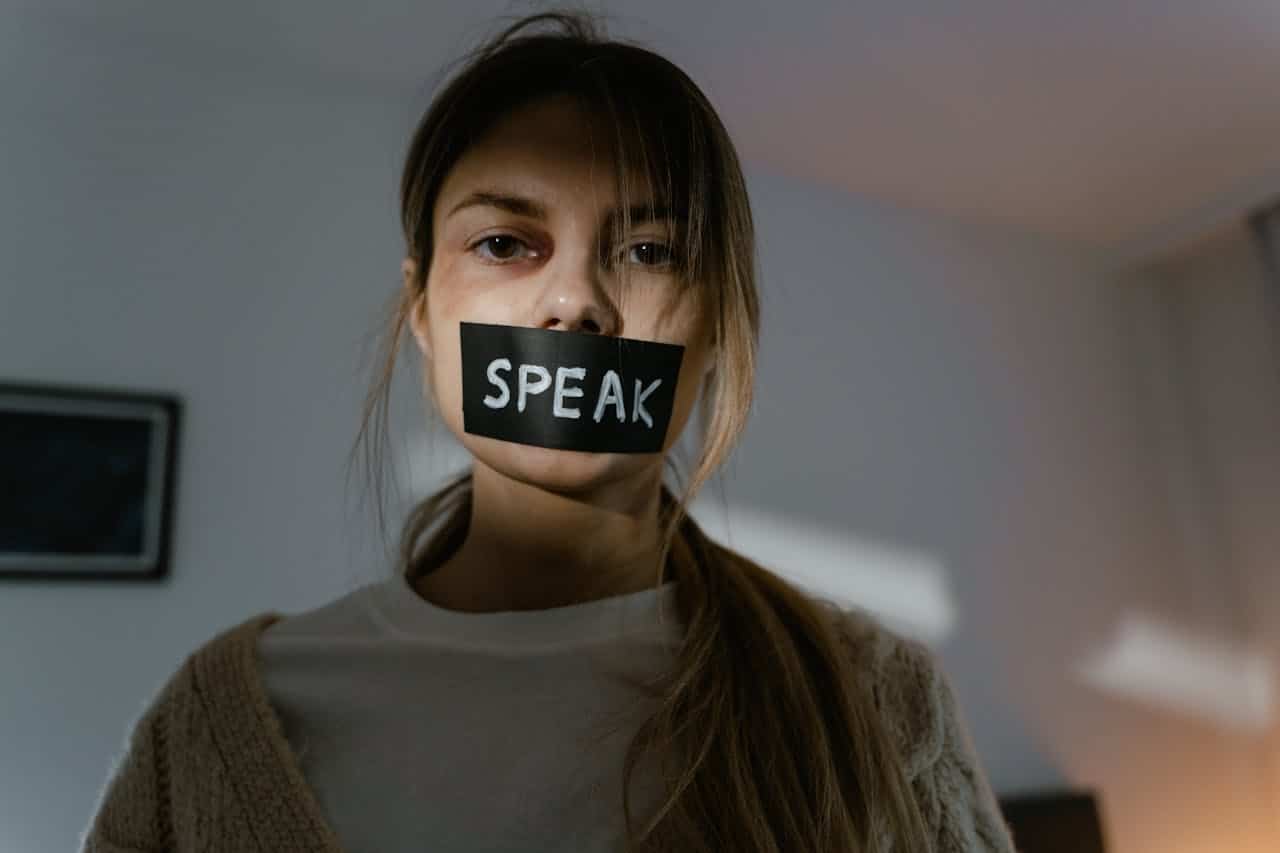Domestic violence, a pervasive issue that affects millions worldwide, remains shrouded in silence and stigma. The reasons victims may choose not to disclose their experiences are multifaceted and deeply rooted in societal, psychological, and financial factors. This post aims to shed light on these complexities and offer a lifeline to those trapped in the cycle of abuse.
IMAGE: PEXELS
The Weight of Stigma and Fear
One of the primary barriers to speaking out against domestic violence is the heavy cloak of stigma that surrounds victims. Society often unjustly blames victims for their predicament, questioning their decisions rather than holding the abuser accountable.
This victim-blaming mentality can make it incredibly difficult for survivors to come forward, fearing judgment and isolation more than the abuse itself. Fear is a constant companion for victims of domestic violence.
It manifests in various forms: fear of retaliation from the abuser, fear for the safety of their children, and fear of the unknown. Abusers often exercise control by threatening harm if the victim attempts to leave or speak out, making the act of seeking help fraught with perceived danger.
Economic Dependence: A Leash on Freedom
Economic dependence is a powerful chain that binds many victims to their abusers. The prospect of financial instability can be paralyzing, especially for those who may have been systematically isolated from their support networks and stripped of their financial autonomy. The fear of not being able to afford basic necessities for themselves and their dependents can deter victims from leaving abusive situations.
Recognizing the critical role that financial stability plays in enabling victims to escape abuse, resources such as emergency financial assistance for domestic violence victims are invaluable. These programs offer a beacon of hope, providing the necessary financial support to help victims rebuild their lives away from the shadow of abuse.
Psychological Impacts: The Invisible Chains
The psychological ramifications of domestic violence cannot be overstated. Many victims experience trauma bonding, a condition where the victim develops strong emotional attachments to their abuser as a survival strategy. This complex dynamic can make it exceedingly difficult for victims to leave or speak out against their abuser, as they may hold onto the hope that the abuser will change.
Moreover, the erosion of self-esteem and the constant state of fear and stress can lead to mental health issues such as depression, anxiety, and post-traumatic stress disorder (PTSD). These conditions can further impair a victim’s ability to seek help and advocate for themselves.
Breaking the Silence: A Collective Responsibility
The journey toward breaking the silence on domestic violence is a collective one; it requires a societal shift toward empathy, understanding, and action. Encouraging open dialogues, educating the public on the signs of abuse, and dismantling the stigma around victimhood are crucial steps in this direction. For those experiencing domestic violence, know that you are not alone – support is available, and taking that first step towards help can be the beginning of a new, safer life.
In conclusion, the silence surrounding domestic violence is a barrier to healing and justice. By understanding the multifaceted reasons victims may not speak out, we can better support those in need and work towards a future where domestic violence is met with unwavering support, not silence. Let’s all do our part to listen, support, and act.
IMAGE: PEXELS
If you are interested in even more lifestyle-related articles and information from us here at Notilizer, then we have a lot to choose from.


COMMENTS